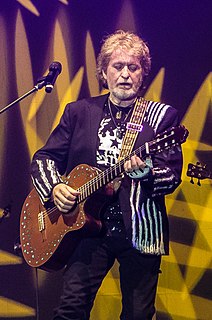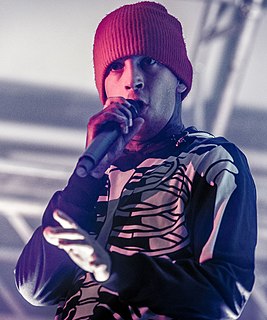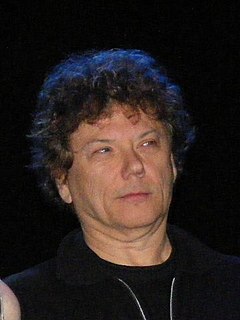A Quote by Chiwetel Ejiofor
I think a lot of acting is about the removal of self-consciousness. The actor is going to be in front of a lot of people, and will naturally feel self-conscious. So a lot of the preparation for that is the removal of that idea. Like you embody or are connected to this character, therefore you can present this character in a way that eventually, when you come back to see it, you feel not exactly ashamed of.
Related Quotes
When you go for something because you're curious about it, you get psyched up about the chance of getting into it. It's like an actor meets a role, and you slip into that body and see what happens, to experience certain conditions, to adopt a certain character. Even shooting is a study of the character. I think both the character and the actor, and eventually the filmmaker - myself - are finding a way to accept their environment and being accepted and feel comfortable of themselves.
War is big business. It's a lot of money going to and fro, and unfortunately a lot of angst, and a lot of fear, and a lot of doubt. And eventually a lot of wonderful people, like soldiers, like men and women that are out there trying to do the best they can, they come back being wounded on many levels.
I feel when acting, I am sometimes overly self-conscious; I think, 'Going, no, don't, put your eyebrow back where it was and, you know, turn to the left.' You know, I'm sort of very consciously adopting this character. But with music, I don't know. I found it was a question of just closing my eyes and just sort of letting things come out.
If you're up there [on stage] thinking about what you're doing, you're just not there and it's not going to happen.So trying to learn how to overcome those - which is a normal thing to do. You're in front of a lot of people. People are going to get very self-conscious. So you have to learn to sort of overcome that tendency towards self-consciousness and just blow it wide open. And you jump in and join all those people that are out there enjoying what you're doing together.
Nothing affects my acting. Acting is something I do with my soul so it embodies a lot of things. For me, I don't know about anyone else, acting is spiritual, so if I do not embody a character or a story or a script, it's going to be extremely difficult for me to be convincing and I don't like that because I am somewhat of a perfectionist
Self-awareness is a character trait that's horrible to have if you're a performer. I think that a lot of these performers that we see get up on stage and play music, there's a sense of them truly not caring how they're coming across. They are just themselves. I look up to a lot of people who are like that.
The idea of self-effacement, the idea that you feel so powerless that the only tiny morsel of power you have is over your own ability to deny yourself food - that to me is a very profound and sad methodology and indicator of how powerless a lot of people feel in this world. That they will turn that onto themselves until they are physically smaller. I think it's affected my worldview a lot - just being sensitive and empathetic towards the ways people want to be small. I don't wish smallness for anyone.
What I feel now is connected to people. I feel connected and I feel a lot of love for people. I feel the possibility of what building social movements and what working together in struggle creates. Whatever that energy is, it feels a lot better than what I felt when I was younger - which was worthless and disconnected and isolated and alone.
I think that deprecation part is a very important aspect because when someone looks into themselves, if they're going to be honest, they're going to see parts that are humiliating as well as parts that they might feel really great about. Take Lucas Samaras again, who made a lot of self-portraits. He makes one self-portrait where he is looking directly into the camera and looks so intense and cool. He says in an interview, "I wanted to present the best version of myself."



































